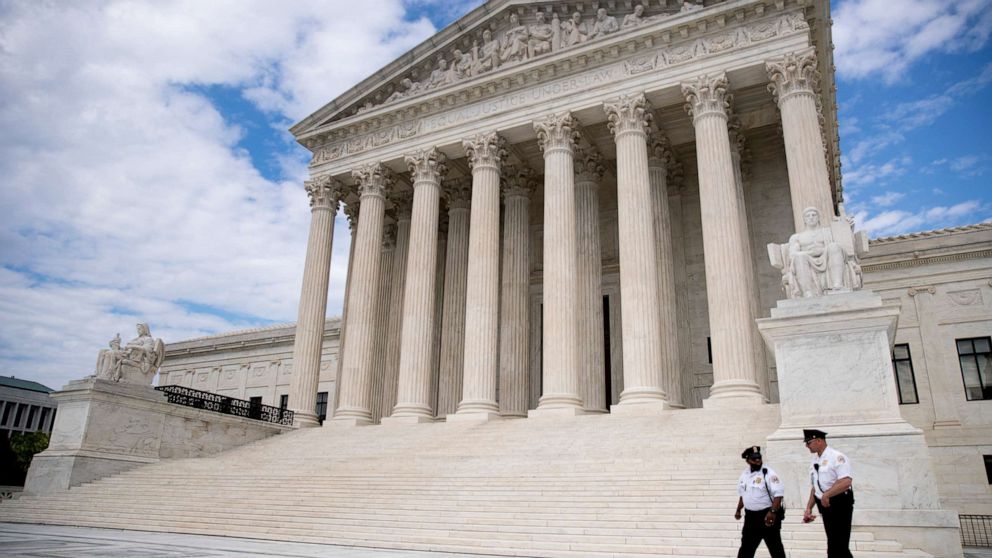Healthcare and a law of economics

Adam Crain
Some truths in life just have to be learned the hard way. For example, the law of gravity makes it’s unbending will clearly understood while learning to ride a bike without training wheels. Learning the hard way isn’t just for kids though, as evidenced by the current healthcare debate.
It’s been over seven years since President Obama signed the Affordable Care Act (ACA) into law and since then, everyone has retreated to their ideological corners and held their ground. The ravages of the ACA on the American healthcare and insurance industries are too numerous to count. Unfortunately, the Republican’s repeal and replace agenda may make some of the same mistakes the ACA does…we will see.
So it seems America is having to learn the hard way about the economic law of scarcity and why it matters in the politics of healthcare. Correspondent Kevin Williamson’s National Review article, “Health Care, from the Top” explains how “we cannot vote away scarcity.” The full article is definitely worth your time and attention, but below is a long excerpt:
“Medical care is scarce: There are only so many doctors and hospital rooms; the pill factories can make only so many pills, and there are real limitations on the raw materials used to make those pills; heart stents don’t grow on trees, but, even if they did, they would be scarce, like apples and oranges and pears and avocados…
We cannot offer the same level of care to everybody with the same condition. They number in the millions, and the doctors who can perform that procedure number about three. (Or, at least they did ten years ago.) Even if they worked 16-hour shifts, seven days a week — even if we pressed them into slavery — they could see only so many patients and perform so many procedures, and those would amount to a tiny fraction of the number of people who might benefit from their attention.
Because of scarcity, medical care eventually reaches the point where one of three things happens: Somebody puts out his hand and says “Pay me,” an officer of the government or an insurance company refuses to approve some treatment, or you die.
Because we are a largely cooperative species, we do not like that very much. It seems unfair and unkind. So we try to make an end run around scarcity with things such as health insurance and government medical plans, both of which are based on the same economic principle: Someone else pays. But scarcity does not care who is paying: Scarcity is scarcity. In the most monopolistic public-health systems (e.g., the ones in the United Kingdom and Canada), there is a lot of saying “No,” though it is what we might call a “Japanese no” — saying “no” without actually saying it. They put you on a waiting list and hope you die before they actually have to say “No,” or they simply expect you to accept that some services and treatments are categorically unavailable. There is a reason New York City’s hospitals are full of rich Canadians who cannot afford the free health care at home.
But a polite, indirect “No” is still a “No.” No means no.
We have perfectly functional markets in all sorts of life-and-death goods. They expect you to pay up at the grocery store, too, but poor people are not starving in the American streets, because we came up with this so-crazy-it-just-might-work idea of giving poor people money and money analogues (such as food stamps) to pay for food. It is not a perfect system, but it is preferable, as we know from unhappy experiences abroad, to having the government try to run the farms, as government did in the Soviet Union, or the grocery stores, as government does in hungry, miserable Venezuela. The Apple Store has its shortcomings, to be sure, but I’d rather have a health-care system that looks like the Apple Store than one that looks like a Venezuelan grocery store.”[1]
Kevin Williamson is right. Scarcity is a fact of life. The sooner America learns that in relation to public policy, the better for everyone’s health and wallets.




